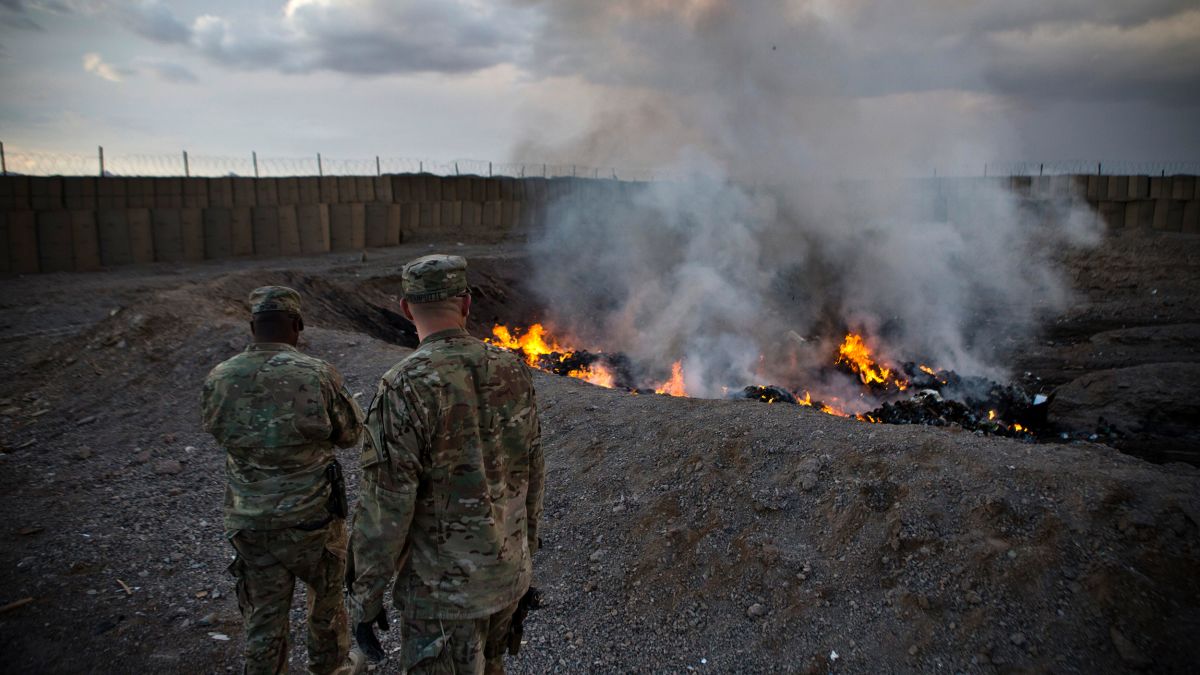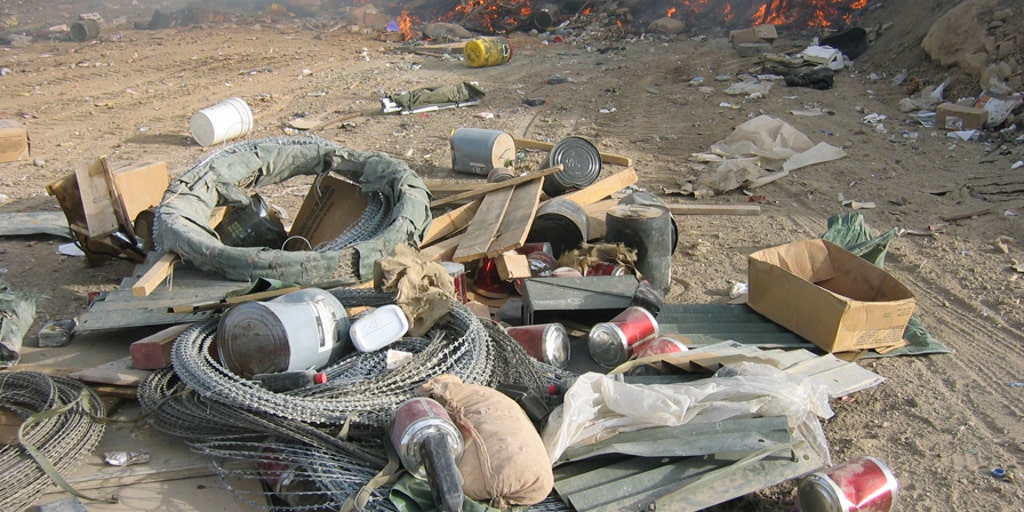Multiple members of the Veteran’s Affairs Committee announced last Wednesday that they’ve now reached an agreement on what would be an expansion of eligibility for health care and benefits for every Veteran exposed to burn pits and other harmful toxins.
Senator Jon Tester (D-Mont.,) the chair of the committee, and Jerry Moran of Kansas, a ranking Republican on the committee worked to introduce the Sergeant First Class Heath Robinson Honoring Our Promise to Address Comprehensive Toxics, or PACT, Act of 2022.
The senators called this piece of legislation ‘historic’, and they said that the bill itself will actively work to supply long overdue health care services and benefits for all Veterans exposed to toxins.

Joint Statement on Burn Pit Exposure
In a joint statement, Tester and Moran said the following:
“For far too long, our nation’s Veterans have been living with chronic illnesses as a result of exposures during their time in uniform. Today, we’re taking necessary steps to right this wrong with our proposal that’ll provide Veterans and their families with the health care and benefits they have earned and deserve.”
The PACT Act will look to supply an easy path to health care and benefits for Veterans that served near open-air burn pits, which were used throughout the 1990’s and the post-9/11 period to burn garbage, jet fuel and other hazardous materials.
Veterans diagnosed with cancer, respiratory issues, and lung disease at young ages have blamed their unfortunate exposure to toxic fumes, but the Department of Veterans Affairs fought back for years, saying that there wasn’t sufficient evidence to support their claims.
This bill would also work to improve the VA’s workforce, health care facilities and claims processing to speed up efforts to meet the needs of our nation’s bravest men and women.
Additionally, this bill would also expand health care eligibility to post-9/11 combat Veterans and would add 23 conditions that are related to burn pits and toxic exposures to the VA’s list of service presumptions.
It will also strengthen federal research on toxic exposure, improve the VA’s resources and training and expand presumptions related to Agent Orange exposure to include the following locations:
Thailand
Cambodia
Laos
Guam
American Samoa
Johnston Atoll

The bill itself is named for Sgt., 1st Class Heath Robinson, who was diagnosed with a rare autoimmune disorder and lung cancer after serving with the Army National Guard in Kosovo and Iraq. Robinson sadly passed away in 2020 due to this prolonged burn pit exposure.
This past March, senators began negotiating a sweeping measure that was aimed at expanding eligibility for health care and benefits to millions of Veterans exposed to burn pits and other toxins.
The Senate Veterans’ Affairs Committee discussed the PACT Act, which passed through the House in early March, but had a challenging time with a Senate strategy to address the problem.
The House PACT Act would increase spending by roughly $318B during the next decade, according to estimates from the Congressional Budget Office. The Senate’s first bill would come with a price tag of just about $1B.
VA Secretary Denis McDonough testified in March regarding two changes that his department wanted to make to the bill before it passed. One was to amend a section that he believes would inadvertently delay the process to approve presumptive conditions. When a condition is on the presumptive list, it means that the government acknowledges a Veteran’s military service caused the medical condition, and it lowers the amount of evidence that a Veteran needs to provide to receive the benefits that they deserve.
McDonough also wanted Congress to add a provision to the bill that would authorize 31 pending leases for VA medical facilities across the country. Under law, the VA must receive legislative approval for all leases on major medical facilities, but Congress has not authorized them on a regular basis.
Comedian Uses Platform for Burn Pit Awareness
This past April, the organization Disabled American Veterans held a major news conference in Kentucky to put pressure on lawmakers to pass the PACT Act and have Veterans and their families come and share their stories on how toxic exposure affected them and their loved ones. Comedian Jon Stewart was not in attendance, but did speak via Zoom, here’s what he said:
“It’s time that we recognize the toxic wounds, whether it’s Camp Lejeune, or whether it’s in Iraq or Afghanistan, or whether it’s in Vietnam, or whether it was in the Persian Gulf, war exposes soldiers to dangerous and deadly substances. And those substances may not manifest for years. A toxic wound is a wound that goes off. It’s an IED that goes off in your body seven years later, ten years later.”









